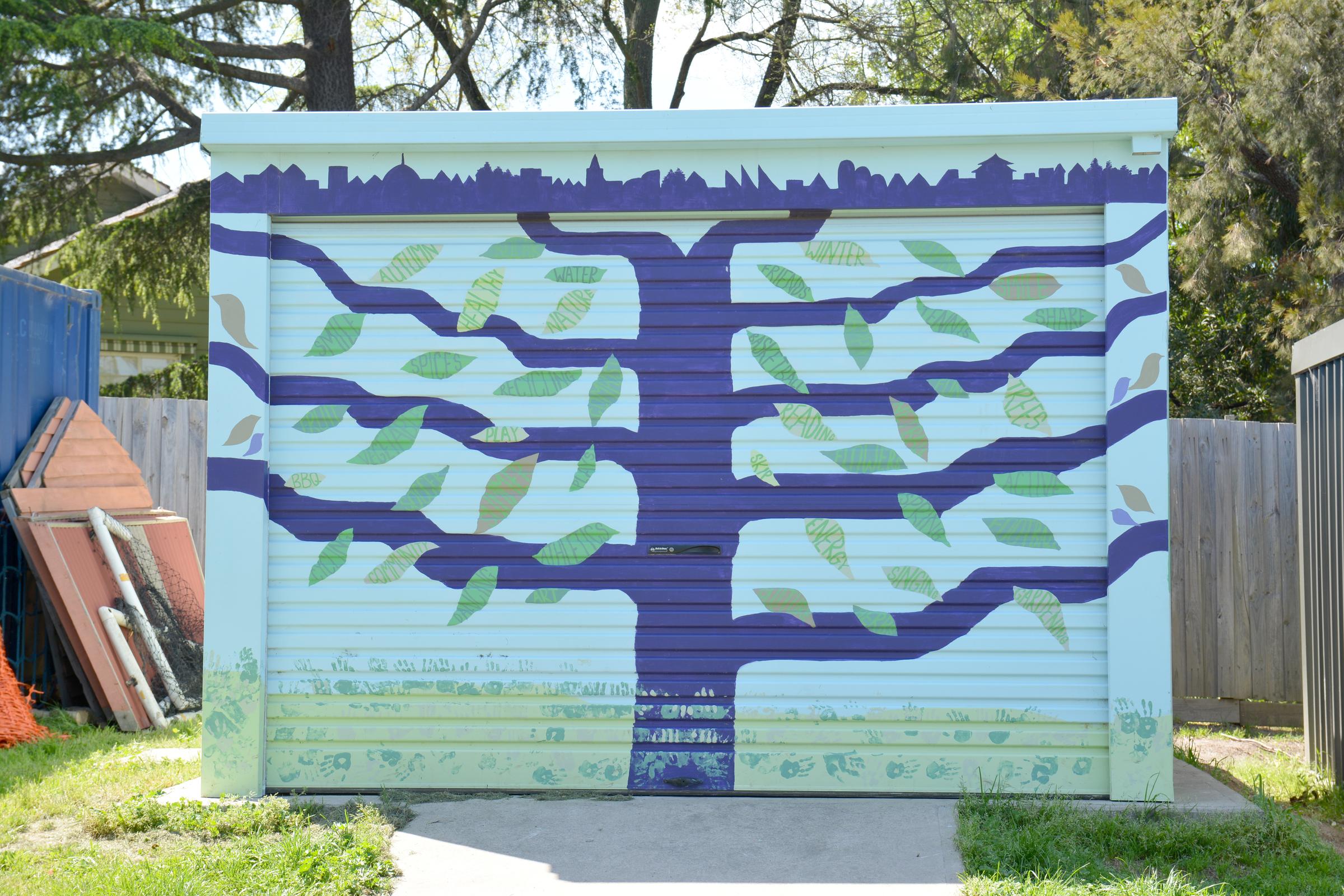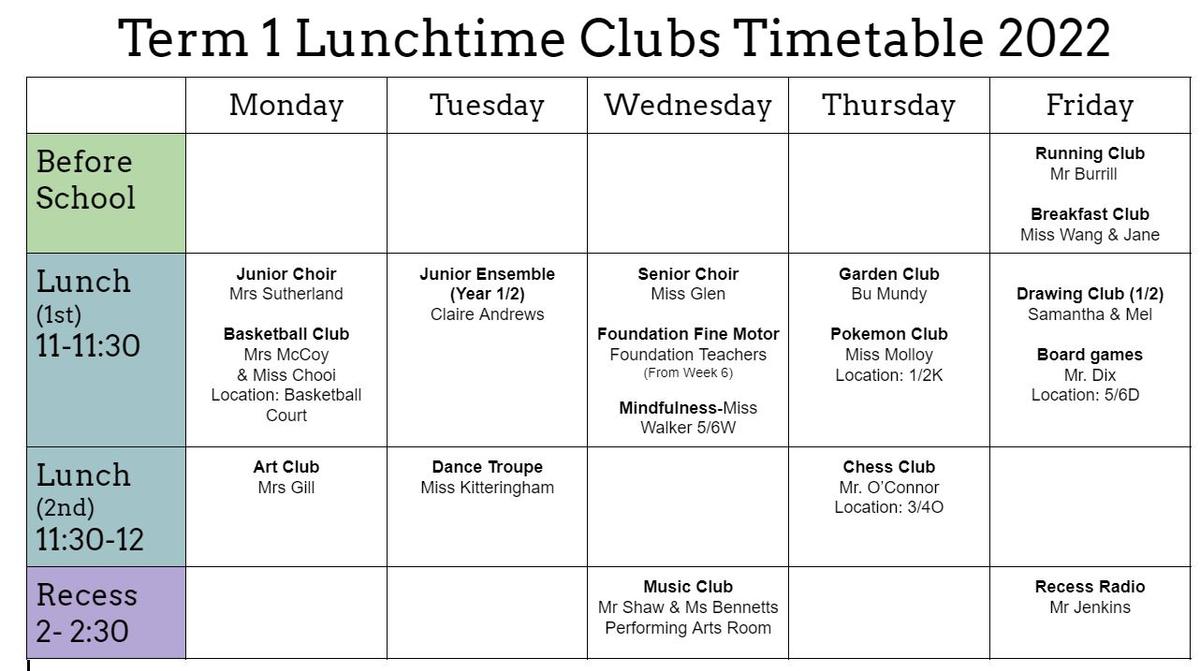Important Information
Reference Information

Important Information
Reference Information


Where a positive result is recorded by a student on a rapid antigen test, their parent/carer or student must report that result to the Department of Health via the COVID-19 Positive Rapid Antigen Test Self-Reporting Form or call centre on 1800 675 398.
The parent/carer must also report the result directly to the school by email and using the new RA Test Portal. The school must enter that information into the DET VicEd COVID Tool.
Where a positive result is recorded by a staff member, that result must be reported to the Department of Health via the COVID-19 Positive Rapid Antigen Test Self-Reporting Form or call centre on 1800 675 398.
Staff must also report a positive result through EduPay.
The student or staff member who has tested positive must isolate for 7 days.
Schools are no longer required to individually identify the close contacts of a positive case. Instead, schools need to inform the school community or cohorts as applicable, at the earliest opportunity, that:
It is important the privacy of all positive cases is protected and informing the community of cases will be done to parents/carers via email/news feed through Sentral.
At this stage 5/6C and 5/6 EB were informed last Monday evening that a staff member had tested positive, and two students the following morning from 5/6C. From today the whole school community will be informed of our cases, if they have attended school. We have many families who have not started back at school and are absent for a mixture of reasons including testing positive, in isolation or unable to return to Victoria from holidays.
I thank all our families for their continued support as we navigate a very complex set of arrangements. If you are ever unsure please contact the school via phone (during school hours) or email.
Key behaviours required for reducing coronavirus (COVID-19) transmission risk include staying home when unwell, performing regular hand hygiene, and where possible pursuing strategies to support physical distancing. Face masks are recommended for all students in Years 3-6 and when 1.5 metres physical distancing cannot be maintained.
Air Purifiers
Air Purifiers have been installed in the Kindergarten and School classrooms. As schools are required to increase fresh air flow into indoor spaces whenever possible and to maximise the use of outdoor learning areas and environments, the air purifiers sit alongside a broad suite of controls to reduce the risk of COVID-19 transmission in school settings, including vaccination, physical distancing, good hygiene, cleaning and mask use.
Cleaning
Additional cleaning arrangements will continue in Term 1. COVIDSafe routine cleaning will be in place, which involves daily end-of-school-day cleaning, with a particular focus on cleaning and disinfecting of high-touch surfaces.
Face Masks
Practise good hygiene
Ensure physical distancing
Strategies that can be considered to support physical distancing include:
Stay home when unwell
The most important action school communities can take to reduce the risk of transmission of coronavirus (COVID-19), is to ensure that any unwell staff and students remain at home and get tested, even with the mildest of symptoms.
Students with underlying conditions (such as hay fever or asthma)
Young children with persistent mild symptoms
Students with a negative coronavirus (COVID-19) test whose symptoms have completely resolved do not need a medical certificate to return to the school.